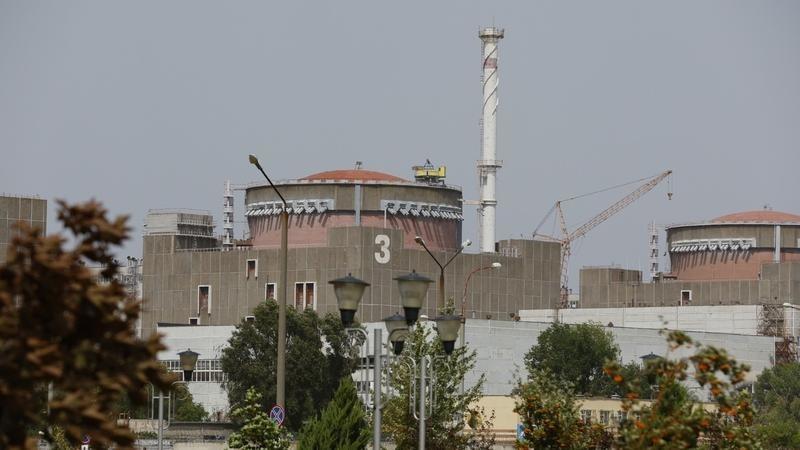 This photo taken on Aug 22, 2022 shows the Zaporizhzhia nuclear power plant. (PHOTO / XINHUA)
This photo taken on Aug 22, 2022 shows the Zaporizhzhia nuclear power plant. (PHOTO / XINHUA)
The head of the UN's nuclear power watchdog warned on Saturday that the situation around the Zaporizhzhia nuclear station has become "potentially dangerous".
Rafael Grossi, director general of the International Atomic Energy Agency (IAEA), called for measures to ensure the safe operation of Europe's largest nuclear plant as evacuations were under way in the nearby town of Enerhodar.
Grossi said that while the operating staff of the plant remain at the site, the conditions for the personnel and their families are "increasingly tense"
"The general situation in the area near the Zaporizhzhia nuclear power plant is becoming increasingly unpredictable and potentially dangerous," Grossi said on the agency's website.
"I'm extremely concerned about the very real nuclear safety and security risks facing the plant. We must act now to prevent the threat of a severe nuclear accident and its associated consequences for the population and the environment."
ALSO READ: IAEA: Ukraine's Zaporizhzhia nuke plant loses off-site power
Grossi said that while the operating staff of the plant remain at the site, the conditions for the personnel and their families are "increasingly tense."
Russian forces seized the Zaporizhzhia plant days after President Vladimir Putin ordered a special military operation in Ukraine in February 2022. Exchanges of fire have frequently occurred near the facility, with each side blaming the other.
Grossi last visited the Zaporizhzhia station, Europe's largest nuclear power installation, in March, as part of efforts to speak to both sides to secure an agreement on safeguards to ensure the plant's safe operation.
He has repeatedly warned of the dangers of military operations around the plant.
READ MORE: IAEA to send permanent missions to all nuclear plants in Ukraine
The plant is located in the part of that region under Russian control, with many of the staff operating it living in Enerhodar on the south bank of the Dnipro River.


